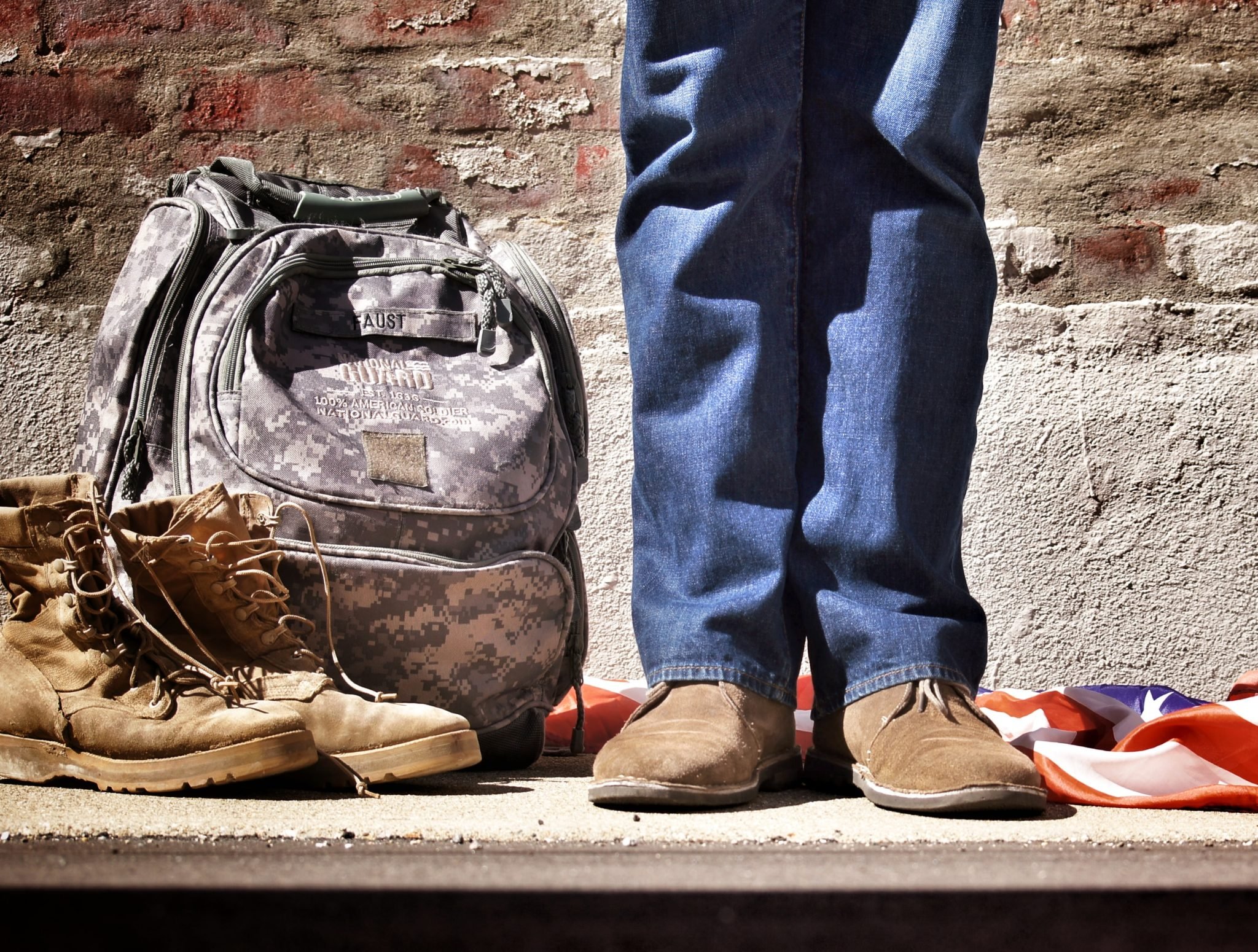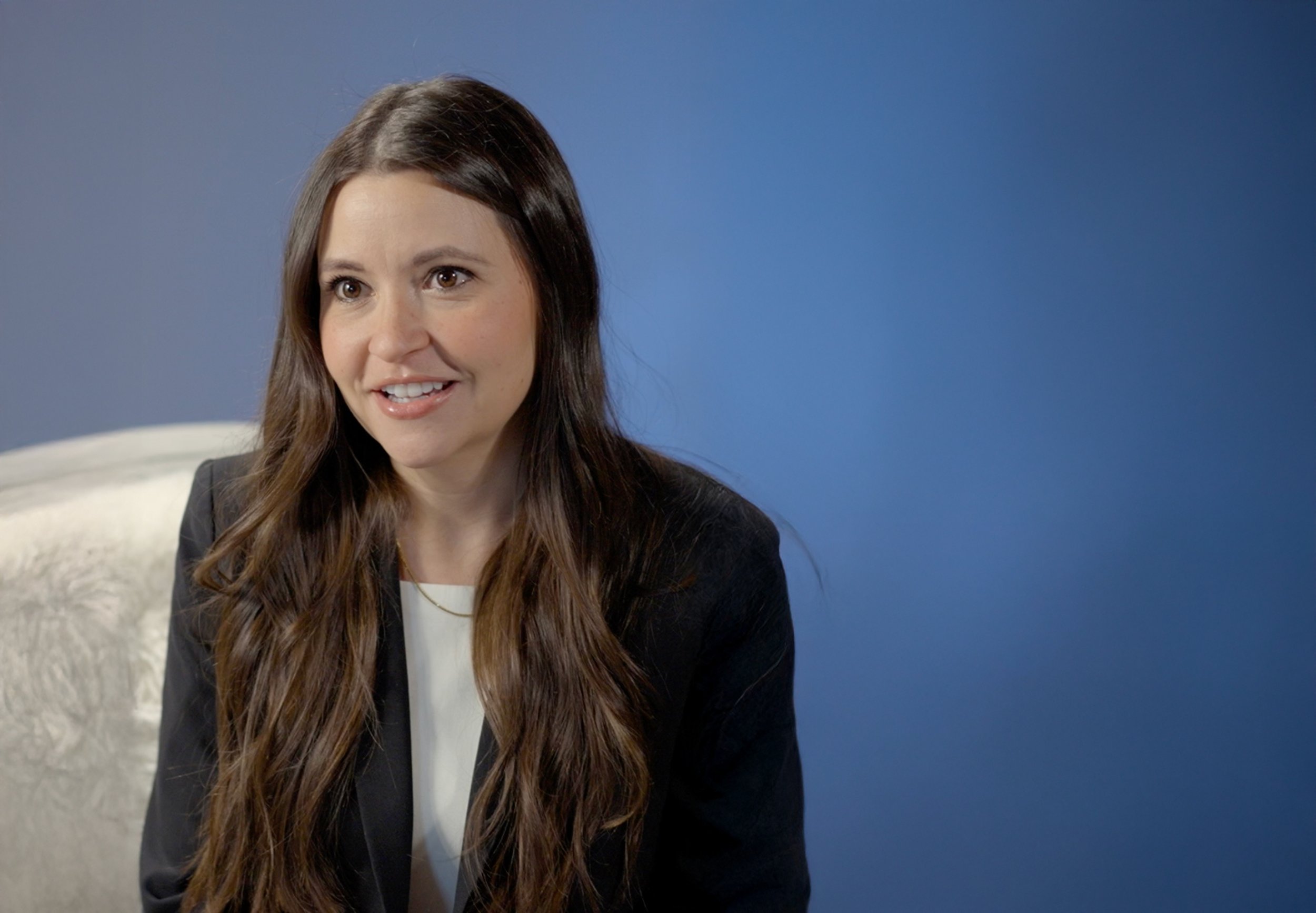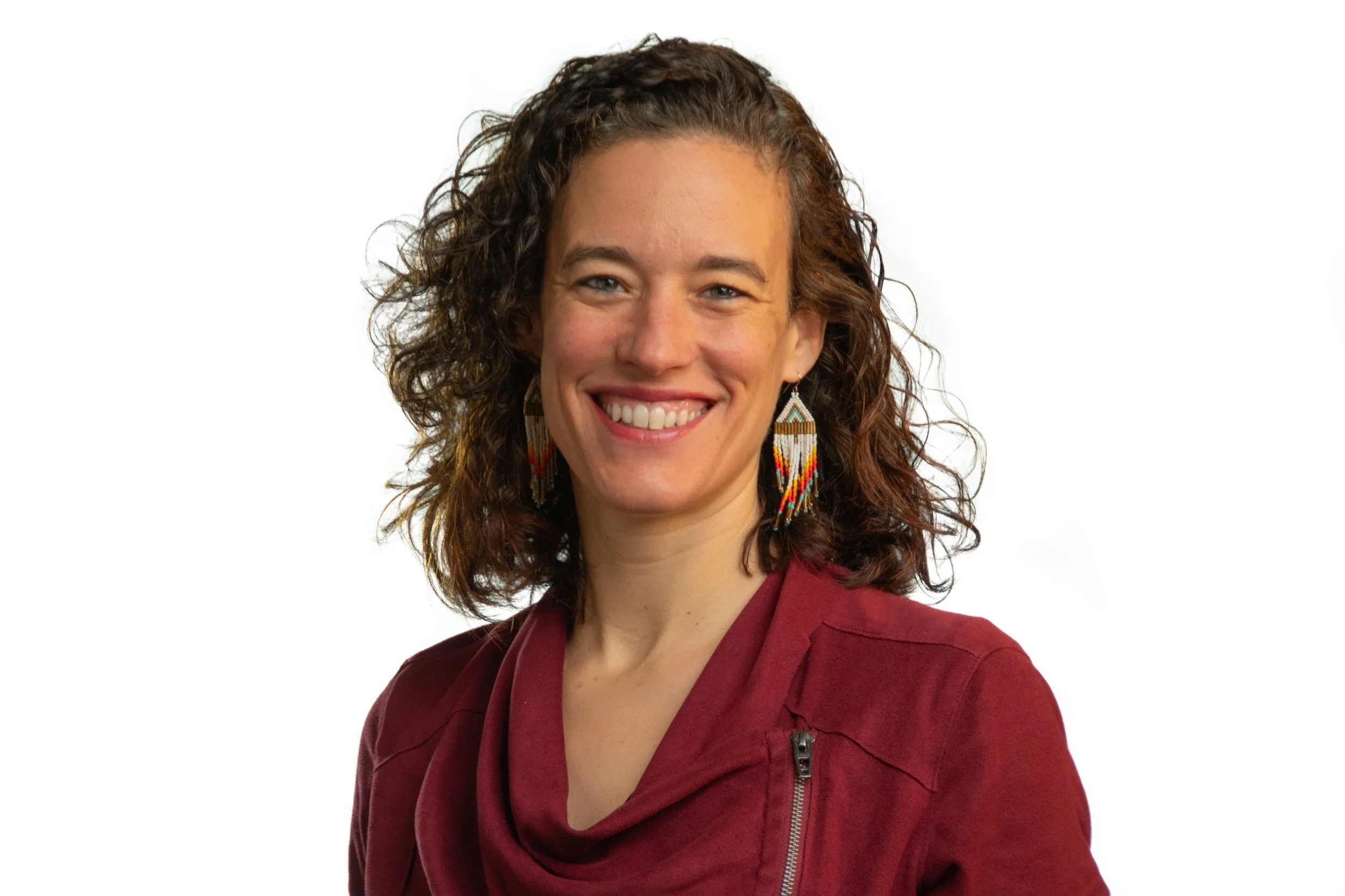Making life better for veterans
Veterans Day is an opportunity for our nation to come together in thanking veterans for their service, but our gratitude doesn’t stop there. Year round, we are thinking of the sacrifices veterans have made and the way they are supported upon their return home.
One of the ways we can thank our veterans is by raising awareness about the unique challenges many veterans face during their reintegration into civilian life. Here, we’ll share some of the most pressing veteran issues and how our nonprofit partners are helping to alleviate them.
Charting unique educational and career paths
Research shows that military members and veterans of all ages are as likely as non-military to enroll in college and obtain a degree. Resources like the Post 9/11 GI Bill help to make higher education a reality for more service members, but pursuing a degree after military service comes with its own challenges.
Studies show that federal resources are confusing to navigate and use. Service members and veteran college students are more likely to need additional time to complete a degree because of factors like being married and/or a parent, working a full-time job, or facing challenges in funding their education and living expenses.
Veterans going straight into the workforce face challenges too, from translating their military service into marketable skills to building networks. Our partner The COMMIT Foundation provides high-touch transition support to help veterans across the country access services, identify their passions, build strong networks and leverage their skills in civilian careers.
One of the innovative ways in which COMMIT works with veterans is by bringing their voices to the forefront of thought leadership. Through webinars and speaker series, veterans, veteran advocates, COMMIT alumni, and others are encouraged to share their experiences and thoughts in a truly transformative way.
While the veteran transitions out of service, their spouse endures a significant change, as well. COMMIT found that service members want support for their entire family and plans to launch spouse programming in 2022.
By any metric, COMMIT’s programs and services have seen significant success. 85 percent of COMMIT veterans are working in a position that “aligns with their goals and values” and 67 percent report an annual salary over $100,000.
Coping with physical injuries, post-traumatic stress and mental health issues
Many veterans cope with lasting physical and mental injuries after their military service. In some cases, a spouse, parent, friend or other loved one takes on the role of caregiver for the wounded veteran – helping to schedule medical appointments, advocating for them and helping with their day-to-day needs.
For veterans themselves, these changes can be demoralizing and difficult to cope with. Organizations like Wounded Warrior Project offer free programs and services to help veterans adjust to the specific challenges they face. Wounded Warrior Project, and other organizations like it, often serve families alongside veterans.
For families and loved ones, the adjustment to post-service life can come as a shock. And caregiving comes with its own risks.
There are over 5.5 million military caregivers in the United States. They are often unprepared for and overwhelmed by caregiving responsibilities, leading to an increased likelihood of depression, problems at work, relationship distress and financial problems. For the more than 1 million caregivers of post-9/11 veterans, their caregiving responsibilities will likely continue for decades and are usually juggled with childcare and full-time employment, adding to stress.
That’s where organizations like Operation Family Caregiver come in. Research shows that quality of life decreases rapidly for family members who become caregivers. But research also shows that training caregivers and equipping them with better problem-solving skills can reduce depression and health complaints while increasing life satisfaction.
OFC focuses specifically on the caregiver, offering one-on-one counseling and group sessions to set them up for long-term success.
Finding support
A consistent factor among the veterans organizations we spoke with was a theme of support. Veterans, and their families, have experiences that many of us cannot imagine. To give military members the best chance for success, it is critical they have a strong support system in place to address their unique needs.
This is especially important for veterans and loved ones facing long-term health issues.
Dr. Jennifer Olsen, epidemiologist and executive director of the Rosalynn Carter Institute for Caregivers, the parent organization of Operation Family Caregiver, explained the layered stigmas that injured veterans and their caregivers face,
“If the condition is not visible, like [post-traumatic stress] or a [traumatic brain injury,] there’s a bit of a stigma,” Dr. Olsen said, “It’s a challenge for the caregiver and the family as a whole. Caregivers of those with severe depression or substance abuse may not want to talk about it, and their friends or coworkers may never know that they’re in that caregiver role. It can be extremely isolating.”
That’s why OFC helps caregivers not only develop problem-solving skills and resilience but also how to build a care team and ask for help – so they don’t have to do it all alone.
“That’s what gives me the most hope about our work,” Dr. Olsen said, “We have worked with military caregivers for nearly a decade, learned from the journeys of those caregivers and built an approach that helps the whole military community.”




